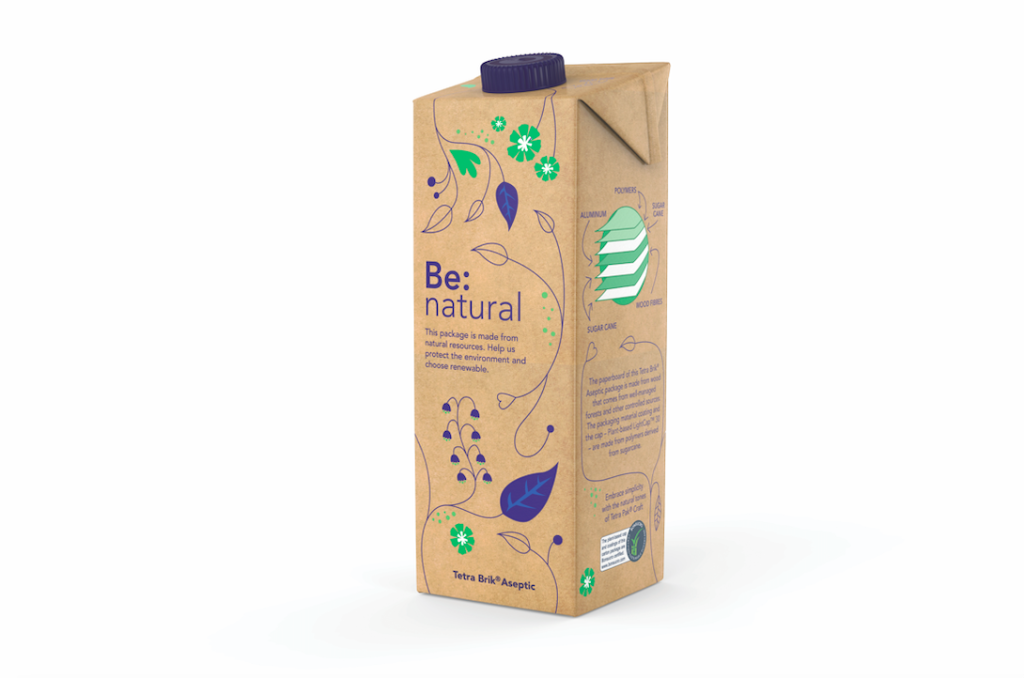BD World Food Day
Food Safety, Future Food Supplies And Packaging
Health and the environment can no longer be seen as separate issues. Emerging consumer and social concerns, highlighted in the Tetra Pak Index 2020 research report, show a 10 per cent leap – 30 per cent in 2019 to 40 per cent in 2020 – in global concern about food safety and future food supplies from the previous year. Increasing industry research into more sustainable packaging mirrors this trend.
Consumers want to see less energy consumed in the manufacturing process and greater implementation of a post-consumer “circular package journey”, which must include packaging made entirely of renewable resources. Consumers are increasingly interested in improved recyclability and widespread recycling systems. For instance, numerous consumers want long-life packaging, which is easy to carry and store while retaining sufficient nutrition.
Innovation and technology drives sustainability
An illustration of a practical response by the food and beverage industry to what consumers want from manufacturers is the technology of energy-efficient juices, nectar and still drinks (JNSD) production lines. Sustainability is at its core, helping drinks producers dramatically lower their operating costs.
JNSD takes beverage processing to a new level of efficiency by using a unique combination of pasteurisation, filtration and UV light technology to treat beverages in two separate streams, which are aseptically blended into the final beverage. Instead of pasteurising the whole volume of the product, the new production line separates water and pasteurises only the concentrate. Water is treated separately with filtration and UV light, which requires much less energy. This meets key sustainability objectives by decreasing water consumption by up to half and lowering energy consumption by up to two-thirds. This is the perfect amalgamation of innovation and technology as drivers of sustainability.
Innovations in packaging are important for enabling food producers to meet increased demand for a reduced environmental impact. It particularly holds the potential to drastically reduce food waste and make more food available to low-income consumers. Thereafter, innovation must unleash the full potential of recycling. Unfortunately, carton recycling infrastructures currently still lack scale and optimised investments, though there are industry-wide initiatives with regard to the “circular economy”.
This full-chain approach involves various initiatives from the industry, from increasing the use of renewable electricity in factories and improving the operations of equipment at manufacturing sites to increasing energy efficiency and reducing water consumption. By incorporating this approach in packaging production methods and reducing the environmental effects of operations, the industry can turn a circular economy into low-carbon business opportunities.
Food packaging must address three concerns in South Africa: long-lasting food; safe food; and environmentally sustainable packaging made from plants. All industry players should collectively aim to reach this achievable target.
Tetra Pak is on a journey to create the ultimate sustainable food package – a carton made solely from responsibly sourced renewable or recycled materials – that is fully recyclable and carbon-neutral, allowing ambient distribution and meeting food safety requirements.






 Sign-up and receive the Business Media MAGS newsletter OR SA Mining newsletter straight to your inbox.
Sign-up and receive the Business Media MAGS newsletter OR SA Mining newsletter straight to your inbox.